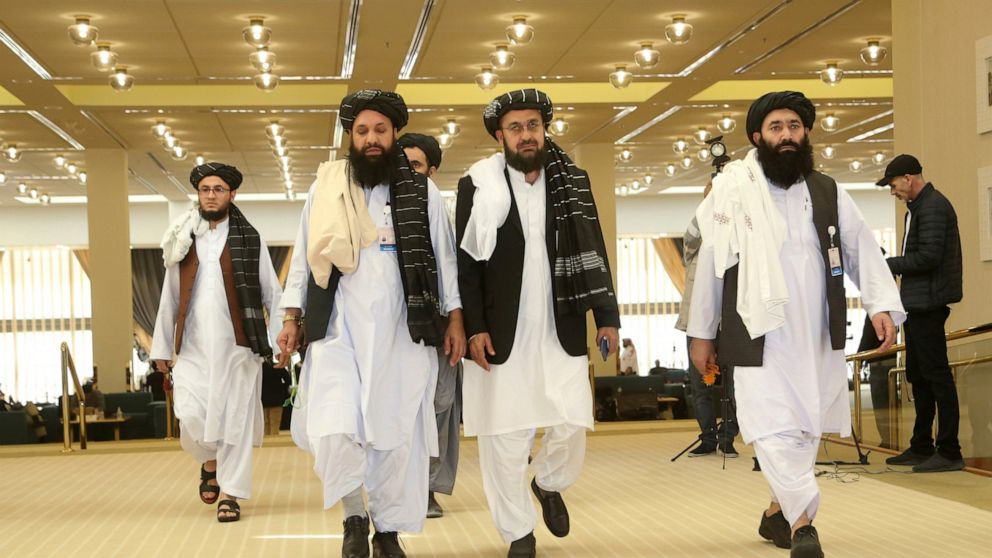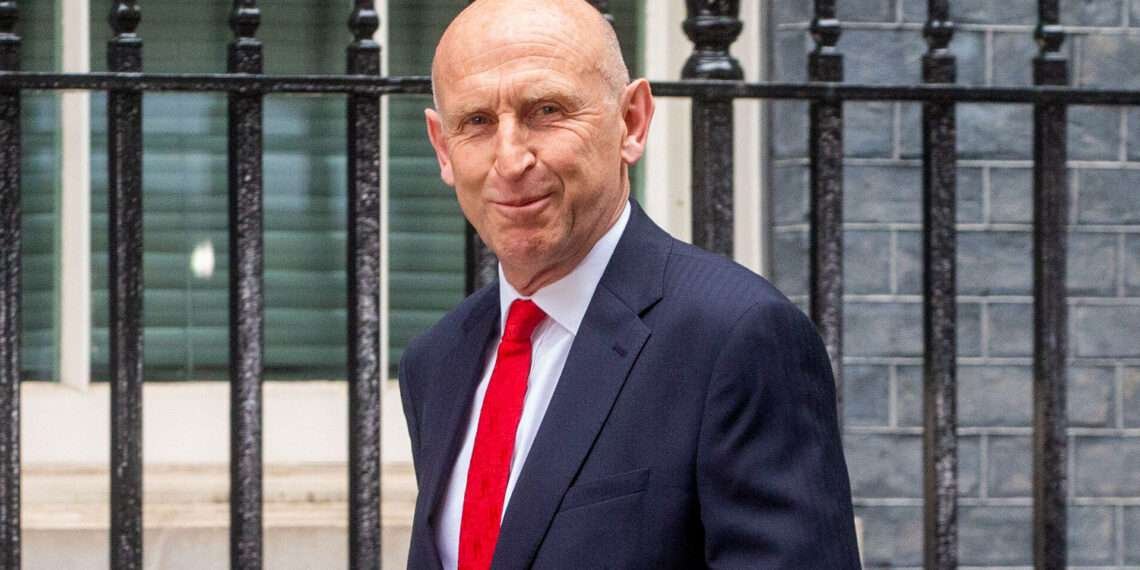A confidential UK programme designed to relocate vulnerable Afghans has come to an abrupt close following revelations of a massive data breach and years of enforced secrecy.
Defence Secretary John Healey announced the termination of the Afghan Response Route (ARR), a £400 million initiative set up to quietly support Afghans at risk, particularly those exposed by a sensitive leak nearly two years ago.
The ARR operated under a veil of secrecy since its inception, following a catastrophic email error by a British government official. According to Healey, the official intended to circulate a list of 150 applicants under the Afghan Relocations and Assistance Policy (ARAP) — a programme aimed at resettling Afghans who worked alongside UK forces during Britain’s presence in Afghanistan. Instead, the email contained the names of nearly 19,000 individuals seeking resettlement under either ARAP or the ex-gratia scheme, another pathway for Afghan allies.
The severity of the leak prompted a UK court to issue a superinjunction, forbidding public disclosure or media reporting on the matter. Healey confirmed that eight journalists and organisations were legally bound not to speak about the breach. The superinjunction, in effect for almost two years, has now been lifted.
Costly Scheme Draws To A Close
The ARR was launched in the aftermath of the breach, targeting Afghans deemed most at risk of Taliban retaliation. Approximately 3,000 individuals fell under its scope, all subjected to extensive vetting and security clearance before being admitted into the UK. Healey reported that 900 of them, along with 3,600 family members, have either arrived in the country or are en route. The overall cost of the programme reached £400 million.

As shadow defence secretary at the time, Healey said he was briefed on the leak under strict conditions and was presented with the superinjunction before receiving any details. However, many cabinet ministers were unaware of the scheme’s existence until after the most recent general election.
Upon taking office, Healey expressed “deep concern about the lack of transparency to Parliament and to the public”. He initiated a review led by Paul Rimmer to assess both the original data breach and the ARR’s effectiveness. The review found that while the leak posed a potential risk to the affected individuals, it was unlikely to significantly increase their exposure to harm. It concluded that the Taliban already had access to similar sources of information, limiting the “net additional risk” from the breach.
The ARR, according to the review, represented an “extremely significant intervention” aimed at mitigating that risk. Nonetheless, with the scheme now concluded, Healey stated that all efforts had been made by the Ministry of Defence (MoD) to contact those whose information had been exposed.
Information Now Available Online
Healey admitted that not every affected individual could be reached, but emphasised that a dedicated website has been created for those who suspect they may be among the exposed. The platform offers information and guidance to potential victims of the leak.
In closing his statement to Parliament, Healey offered an apology to all impacted by the data breach and the handling of the scheme.
“I want to say sorry to those affected,” Healey said, underlining the gravity of the government’s misstep and the urgent need for transparency moving forward.
With the superinjunction now lifted and the programme shut down, a clearer picture is emerging of the UK’s efforts to support its Afghan allies, and the challenges faced in balancing security, accountability, and compassion in the aftermath of conflict.
READ ALSO: Trump Administration Scraps Tomato Suspension Agreement With Mexico























